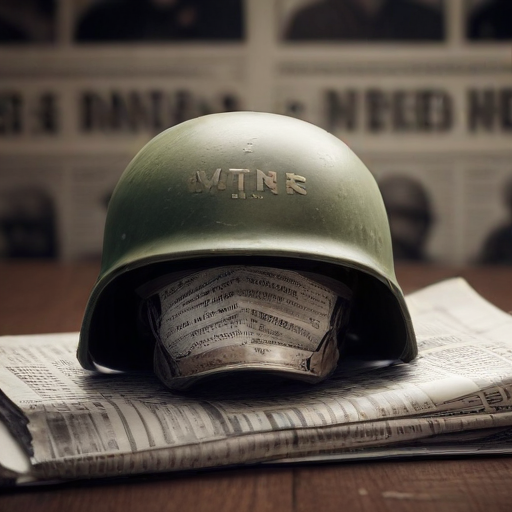South Korea’s military, once associated with a troubled past of violence and repression during the 1970s and 1980s, has worked diligently over the years to reshape its image into one of a modern and disciplined force. However, recent events have challenged this carefully crafted reputation.
On Thursday, General Park An-su, the Army chief of staff, faced intense scrutiny during a parliamentary hearing concerning a brief period of martial law declared earlier in the week. His testimony revealed significant disarray within the military, as he admitted, “We were not militarily prepared because it was put into action in such a hurry. There was confusion.”
The martial law order, issued on Tuesday night by President Yoon Suk Yeol, triggered a political upheaval that led to mass protests across the nation. The backlash was swift, compelling President Yoon to retract the directive within a mere six hours.
This incident underscores the ongoing challenges for South Korea’s military as it navigates its complex history while striving to uphold its current role in a democratic society. The situation presents an opportunity for the military to reflect and address its operational readiness, ensuring it can effectively serve and protect the nation while respecting civilian governance.
In a broader sense, the recent turmoil may catalyze positive changes within South Korea’s military framework, promoting greater accountability and a commitment to democratic principles. This could ultimately strengthen public trust and contribute to a more resilient and responsive military organization in the future.
